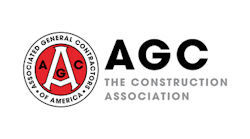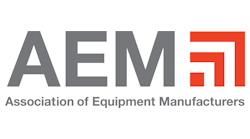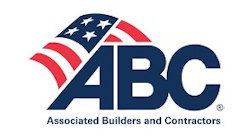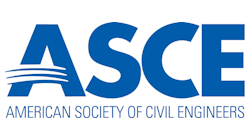The US Federal Highway Administration (FHWA) and agencies around the world have long permitted the use of recycled waste and other by-products in roadway construction to improve performance, reduce costs, improve sustainability, and reduce environmental impact. Are you using wastes and by-products in your roadway construction? And if not…should you be?
Join returning transportation speaker David Hein to explore the wide range of waste and by-products available for roadway construction; the performance history, benefits, and challenges of each; and how you can best select, design, and implement each to ensure your roadway’s success.
This webcast is available on-demand. Register by clicking the button below.
In this webinar, we’ll explore real-world examples of waste and by-product use in roadway construction and their historical performance, benefits, and challenges in a variety of roadway applications. Within this discussion, we’ll review the available waste and by-product materials used for the stabilization of subgrades, including: lignosulphates, cement, and lime materials for the stabilization of subgrades. We’ll take a look at base and subbase waste and by-product materials and applications, including: recycled crushed glass, concrete and asphalt, bailed and shredded tires, plastics, construction and demolition waste, and lightweight aggregates. And we’ll explore the available waste and by-product pavement surface materials and applications, including: recycled concrete, asphalt, glass, steel and blast furnace slags, shingles, engine oil, asbestos, foundry sand, and ground rubber. Within this discussion we’ll review the performance of each material and how successful they are in real-world roadway applications.
Additionally, Hein will outline the best practices for selection and implementation of each of the materials in your roadway construction. Within this discussion, Hein will provide guidance for the successful design and construction of each material, the potential issues of each, and associated cautionary measures. And finally, we’ll take a look at the importance of inspection and testing and the associated tasks to successfully select your waste and by-product materials, maximize their performance, and ensure the long life of your roadways.
Who Should Attend
- Engineers and technicians involved in roadway design, construction, and maintenance
- State DOT and municipal agency personnel involved in the delivery of transportation infrastructure
- Manufacturers and other producers of waste and by-products for roadway use applications
- Members of road construction trade organizations
- Contractors interested in advancing roadway construction technology
Learning Objectives
Attendees can expect the discussion and education of the following learning objectives.
- Understand the types of waste and by-product materials along with their advantages and disadvantages for your roadways.
- Understand the best practices for the use of waste and by-products in your roadways construction.
- Identify the cautionary action that may be required when using waste and by-product materials.
- Identify important issues during inspection and testing to maximize the successful use of waste and by-products in roadway construction.
Webcast: On-Demand
Presenter: David Hein, P.Eng.
V.P. of Transportation & Principal Pavement Engineer
Applied Research Associates (ARA)
Credits: 1 PDH / 0.1 CEU
$79.00










